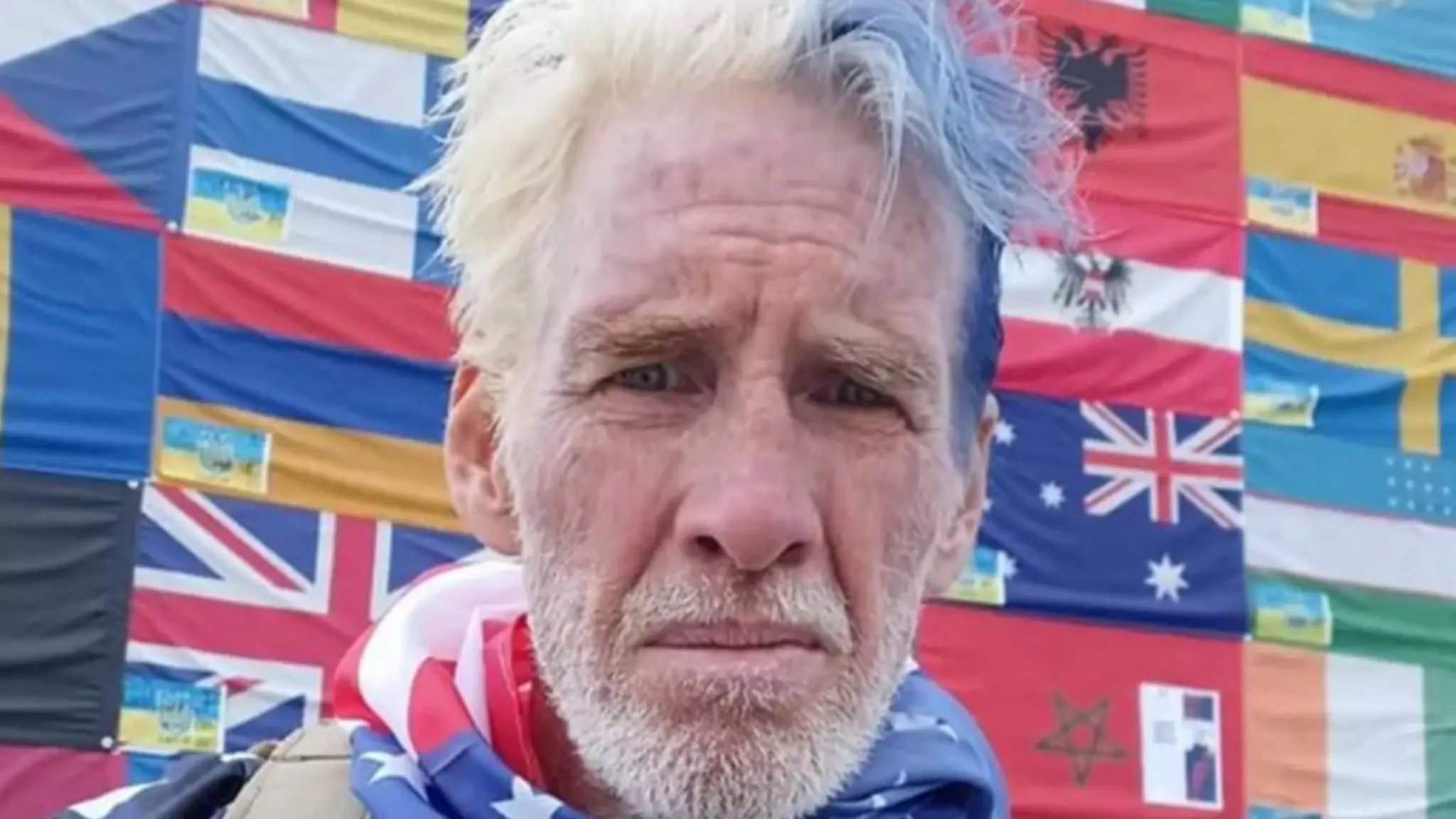The recent events surrounding the alleged assassination attempt on former President Donald Trump have stirred up emotions and raised critical questions about the motivations and backgrounds of those involved. In a deeply unsettling revelation, Oran Routh, the son of Ryan Wesley Routh—who is suspected of targeting Trump—expressed profound shock upon learning of his father’s involvement in such a violent act. Oran described his father as a non-violent individual whose political feelings towards Trump were shared by many. However, the juxtaposition of Oran’s perception of his father against the alleged actions highlights the complexity of human behavior, especially around contentious political figures.
While Oran Routh was only aware of his father’s minor legal issues, a more troubling history surfaces upon deeper inspection. The records indicate that Ryan Routh’s encounters with law enforcement extend beyond simple traffic infractions, including a chilling incident from 2002. This episode involved a three-hour standoff and resulted in serious felony charges, including possession of an automatic weapon classified as a weapon of mass destruction. Such violent interactions raise alarms about the underlying issues that might have shaped Ryan’s radicalized views over the years.
Understanding the motives behind someone who resorts to violence, especially in a politically charged context, requires examining their ideological leanings and historical interactions with political environments. Ryan Routh’s support for Ukraine during its conflict with Russia reveals a man deeply engaged in global issues, framing them in the stark terms of good versus evil. Such extreme views often precede violent behavior, particularly when mixed with a sense of urgency or righteous indignation against perceived injustices.
Conversely, Ryan’s shifting political allegiances, from supporting Trump in 2016 to expressing disdain for him in later years, illustrate a complex and potentially volatile ideological journey. The radicalization of his views might have been compounded by his social media activity, where incendiary remarks about the former president suggested a deep-seated resentment. Such transformations in political identity can be significant precursors to potential acts of violence, revealing how personal beliefs can dangerously intertwine with public personas.
The case of Ryan Routh serves as a troubling reminder that individuals can possess multifaceted identities; one can be a father, a political activist, and, alarmingly, a potential criminal, all at once. It underscores the need for society to approach such cases with a keen eye on early signs of radicalization and psychological distress. Further, it calls into question the effectiveness of current mental health resources and support systems available to those grappling with intense political views.
Ultimately, understanding this incident necessitates a nuanced analysis of individual behavior, societal influences, and the broader political landscape. As the investigative process unfolds, it will be crucial to consider the pathways that lead individuals to engage in such extreme actions, reminding us that vigilance must accompany our political discourse.

